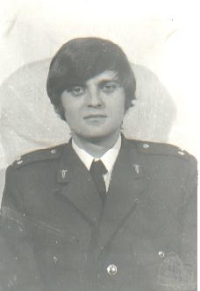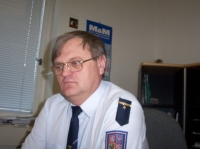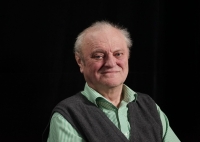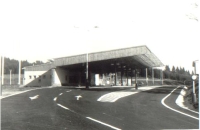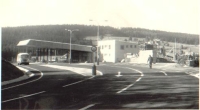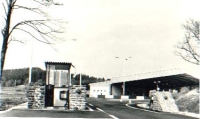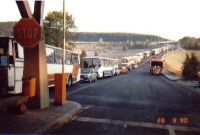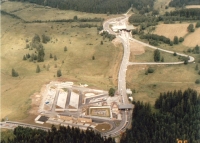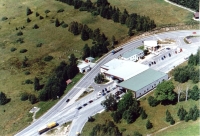They made us look for microdots, but no one told us what they looked like
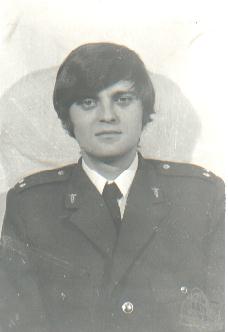
Download image
Dušan Žampach was born on 2 April 1951 in Prague to Věra and Dušan Žampach. Věra Žampachová, originally from Čkyně in South Bohemia, worked as a hairdresser in Prague, where she met Dušan Žampach, a clerk at the District National Committee in Prague 10. He and his mother then returned to Šumava to live with his grandparents. In 1966 he entered the Secondary Industrial School of Transport in Pilsen. In August 1968, he and his family stayed with relatives in Germany. After the invasion of Czechoslovakia by Warsaw Pact troops, they seriously considered staying abroad. In 1971, he began working as a customs officer at the newly opened Strážný border crossing in Šumava. He worked for the customs administration until 2001, when he retired. He describes the circumstances of the opening of the Strážný border crossing, the operation and conditions at the customs office until 1989 and the subsequent post-revolutionary transformation. Although he was recommended several times to join the Communist Party of Czechoslovakia (KSČ), he never joined the party. He describes life in the border zone. In the 1970s he became a member of the volunteer defenders of Šumava. He is active in several associations devoted to Czech-German relations - in the Grainetský soumari association or the Zlatá stezka (Golden Trail). At the time of filming in 2024 he lived in Vimperk.
